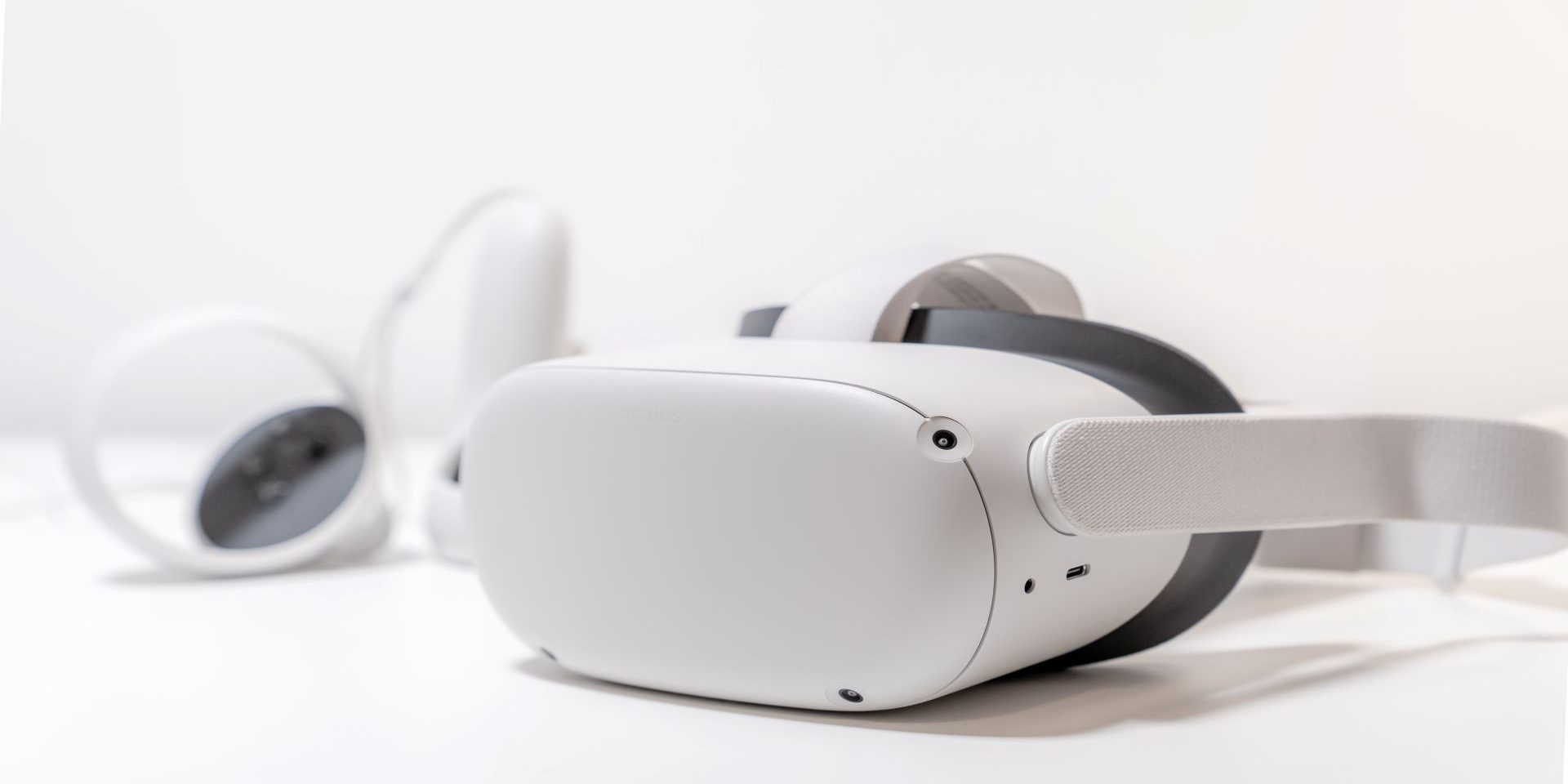The metaverse is a shared online space, the result of the convergence between virtual and real environments that allows users to walk, talk and visualize themselves within a three-dimensional environment.
Applied to the business world, the metaverse is a set of experiences that we can access through applications such as Horizon Workrooms, created by Meta, the former Facebook, which allows immersion in virtual work meetings. Through Horizon Workrooms, you can hold meetings, develop projects and conduct training sessions for new workers, with such realism that it seems that they are all together in the same room.
In this context, the workers would wear special glasses and be transported directly to a conference room, where each person is represented by an avatar and can interact with the others or with computers and projectors present in the space.

To this day, there are already examples of video conferencing software that invest in the ability for participants to choose 3D avatars to interact with in online meetings, bringing the experience closer to the metaverse ideal, only the metaverse enhances the immersive experience.

In our opinion, the metaverse is a complement to the traditional physical meeting, which is not going to disappear, in any case to reinvent itself. The reason? That in a virtual environment the details are lost, even compared to the video call, since you are not seeing the face of your interlocutors.
And by details we understand both those that precede a meeting, for example, an informal conversation while waiting for the rest of the participants, a coffee, the gesture of offering something to drink… as well as those that are typical of meetings, such as the reactions and/or emotions of the participants: if they feel safe, nervous, seem sincere, are they attentive, are they interested…
This loss of real contact makes the metaverse not highly recommended for critical meetings or with unknown interlocutors, where all these details are crucial.
Another problem that the metaverse presents is that of guaranteeing user safety. For example, if we all use avatars in the virtual world how can we be sure who is behind the avatar? In addition to the problem presented by the destination and use of the data generated by the tools we use for immersion. What the helmet cameras record, what we say, what we write on the whiteboard or the documents we exchange, where are they stored? are you sure? Who has access to them?

There are those who wonder if the metaverse could completely replace face-to-face activity in the office and not only be used to hold specific work meetings. Would this be possible in your opinion? In line with a study carried out by researchers from the Universities of Applied Sciences of Coburg (Germany), Cambridge (United Kingdom) and Primorska (Slovenia), in collaboration with Microsoft Research, we strongly believe NO.
The reasons? The research indicates that the metaverse for work is neither pleasant nor productive for employees, who feel more stressed and may suffer from migraines due to being exposed to screens in an immersive and immersive way throughout their working day. Two of them even had to leave the experiment early due to the severe headaches, dizziness and disorientation they experienced. In addition, the subjects perceived having more work in the metaverse than in reality, even though the tasks were the same, and they felt more anxiety and fatigue.
In quantitative terms, the authors put the decrease in productivity at 14% and the increase in frustration at 40%.
In conclusion, although the metaverse in companies already seems consolidated, the truth is that the concept is only in a first stage of development. Many opportunities and areas of activity lie ahead. At this time, companies that want to participate in this trend must carefully explore the impact it can have on their business, in addition to evaluating aspects of cybersecurity, financial investment and quality of graphic material, as well as the impact on the well-being and productivity of their employees. workers. Do you dare to enter the metaverse? For now, we invite you to take a virtual tour of our real estate portfolio.







